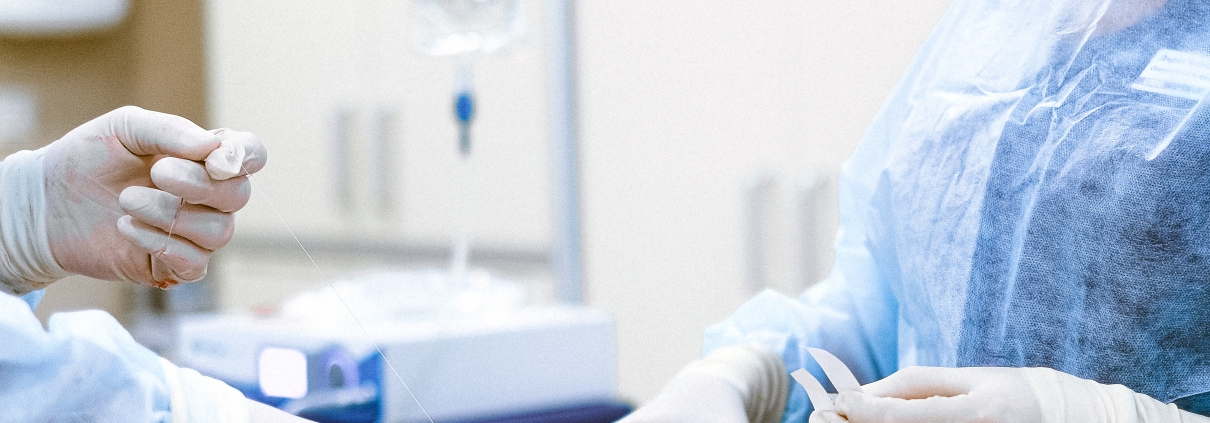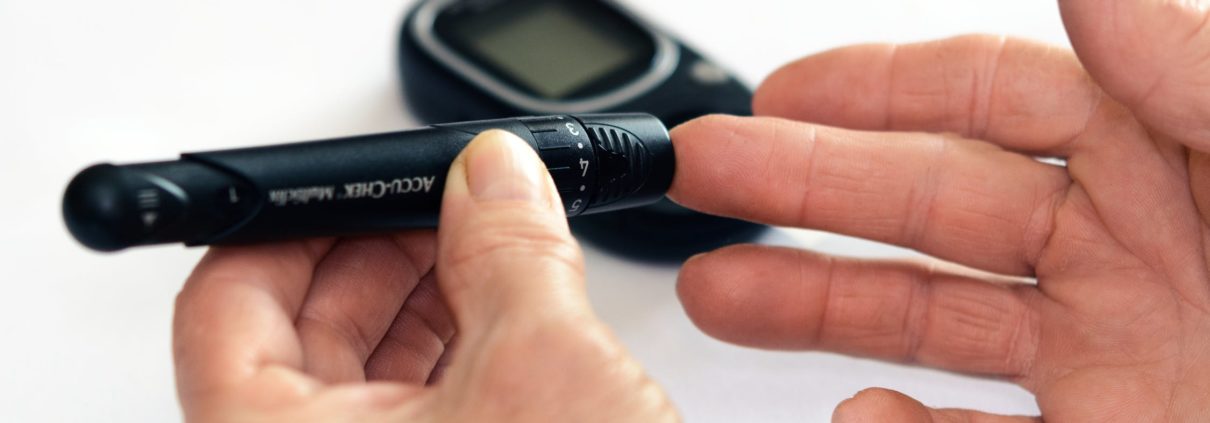Bariatric Revision Surgery: When and Why it may be Necessary
Bariatric surgery has proven to be a life-changing procedure for many individuals struggling with severe obesity. However, in some cases, patients may require additional surgical interventions, known as bariatric revision surgery, to address certain complications or optimize the outcomes of their initial weight loss surgery. In this article, we will delve into the reasons why bariatric revision surgery may be necessary, explore the different types of revision surgeries available, and discuss the insurance requirements for undergoing such procedures.
Understanding the Need for Bariatric Revision Surgery:
While bariatric surgery can yield remarkable results, it is important to acknowledge that not every procedure will achieve the desired long-term weight loss goals for all patients. Several factors may contribute to the need for bariatric revision surgery:
- Inadequate Weight Loss: Sometimes, patients do not achieve sufficient weight loss following their initial bariatric surgery due to metabolic changes, lifestyle factors, or anatomical issues that require further intervention.
- Weight Regain: In certain cases, individuals may experience weight regain after an initial successful weight loss following bariatric surgery. This can occur due to various factors, including dietary habits, hormonal changes, or insufficient long-term lifestyle modifications.
- Surgical Complications: Although bariatric surgery is generally safe, complications can occur. These may include postoperative complications like leaks, strictures, or ulcers, or long-term complications such as hernias, band slippage, or erosion.
- Nutritional Deficiencies: Some patients may develop nutritional deficiencies, such as vitamin or mineral deficiencies, following their primary bariatric procedure. Revision surgery may be necessary to address these deficiencies and optimize long-term health.
Types of Bariatric Revision Surgeries:
When considering revision surgery, there are several options available depending on the patient’s initial procedure and specific needs. Here are a few common types of bariatric revision surgeries:
- Vertical Sleeve Gastrectomy Revision: A sleeve revision may involve reducing the size of the stomach to restore restriction and limit food intake. If the stomach pouch has become dilated or stretched, a sleeve revision surgery may involve reshaping the stomach to restore its size and capacity.
- Roux-en-Y Gastric Bypass Revision: Gastric bypass revision may be necessary if the stomach pouch or the stoma (the connection between the stomach pouch and the small intestine) has stretched or widened. A gastric bypass revision surgery may involve resizing or narrowing these areas to restore restriction and limit food intake. A gastric bypass revision surgery may also involve lengthening or adjusting the Roux limb to modify the digestive process and enhance weight loss. The Roux limb is the section of the small intestine that is connected to the stomach pouch.
- Conversion to Roux-en-Y Gastric Bypass: Conversion to gastric bypass involves altering the anatomy of the stomach and intestines to create a smaller stomach pouch and reroute the digestive tract. It may be recommended for patients who have experienced inadequate weight loss or weight regain after gastric banding or vertical sleeve gastrectomy.
- Gastric Band Removal and Conversion: For patients who have undergone adjustable gastric banding, but have experienced complications or unsatisfactory weight loss, removal of the band and conversion to another procedure, such as gastric bypass or sleeve gastrectomy, may be recommended.
Insurance Requirements for Bariatric Revision Surgery:
Insurance coverage for bariatric revision surgery can vary depending on the insurance provider and policy. It is essential to consult with your insurance company to understand their specific requirements. Generally, the following factors may influence insurance coverage:
- Medical Necessity: Insurance providers typically require documented medical evidence showing that the revision surgery is necessary to address complications or significant weight regain.
- Physician Recommendation: A bariatric surgeon’s recommendation and supporting documentation are crucial to demonstrate the medical necessity of revision surgery.
- Preauthorization: It is important to obtain preauthorization from your insurance provider before undergoing any bariatric revision surgery. This involves submitting the necessary medical documentation and meeting specific criteria established by the insurance company.
Conclusion:
Bariatric revision surgery can be an effective solution for individuals who face challenges or complications following their initial bariatric procedure. Whether it’s inadequate weight loss, weight regain, surgical complications, or nutritional deficiencies, revision surgeries offer hope for patients to improve their long-term outcomes. However, it is important to note that each case is unique, and the decision for revision surgery should be made in consultation with an experienced bariatric surgeon. Understanding the insurance requirements and working closely with your healthcare team will help navigate the financial aspects of bariatric revision surgery.












